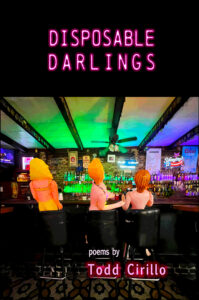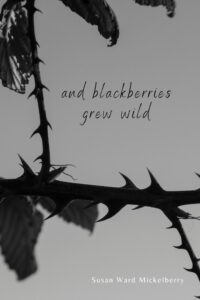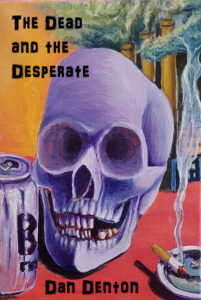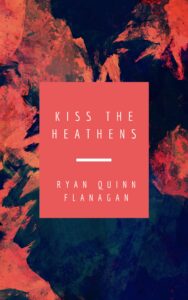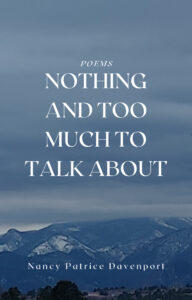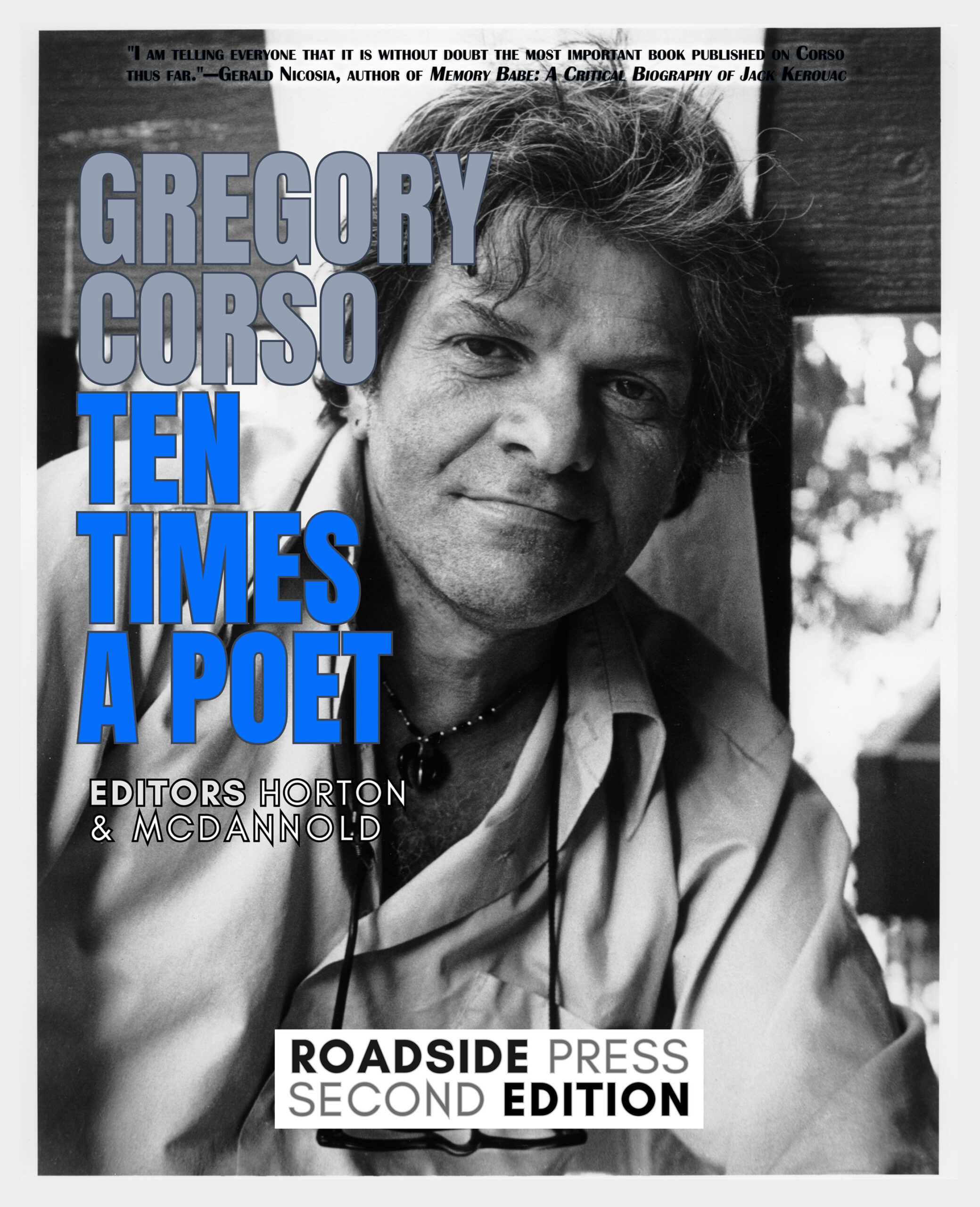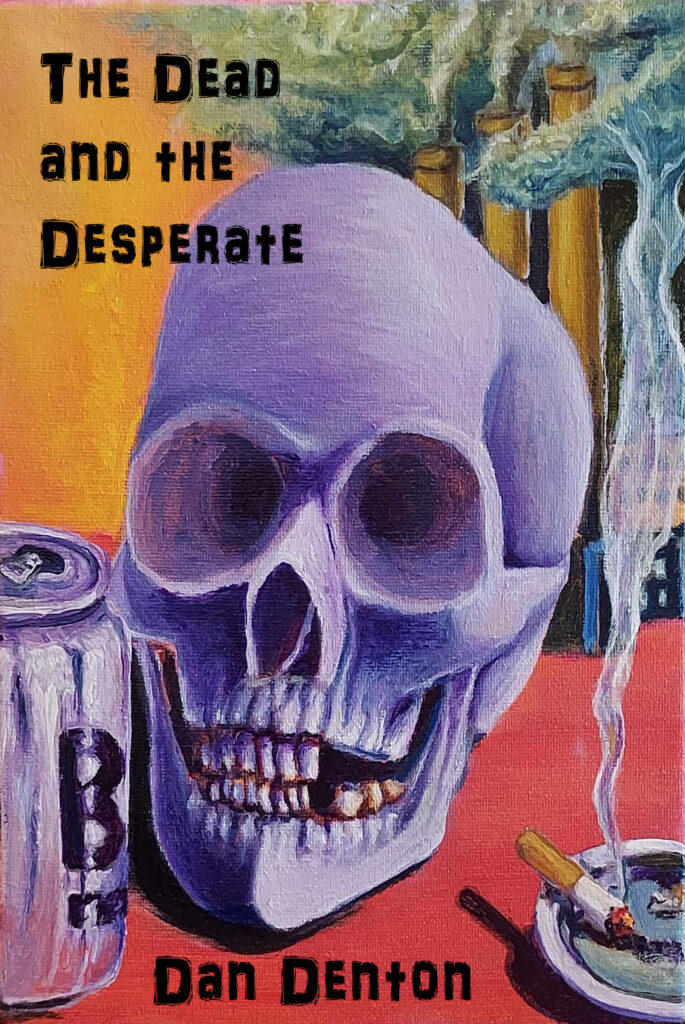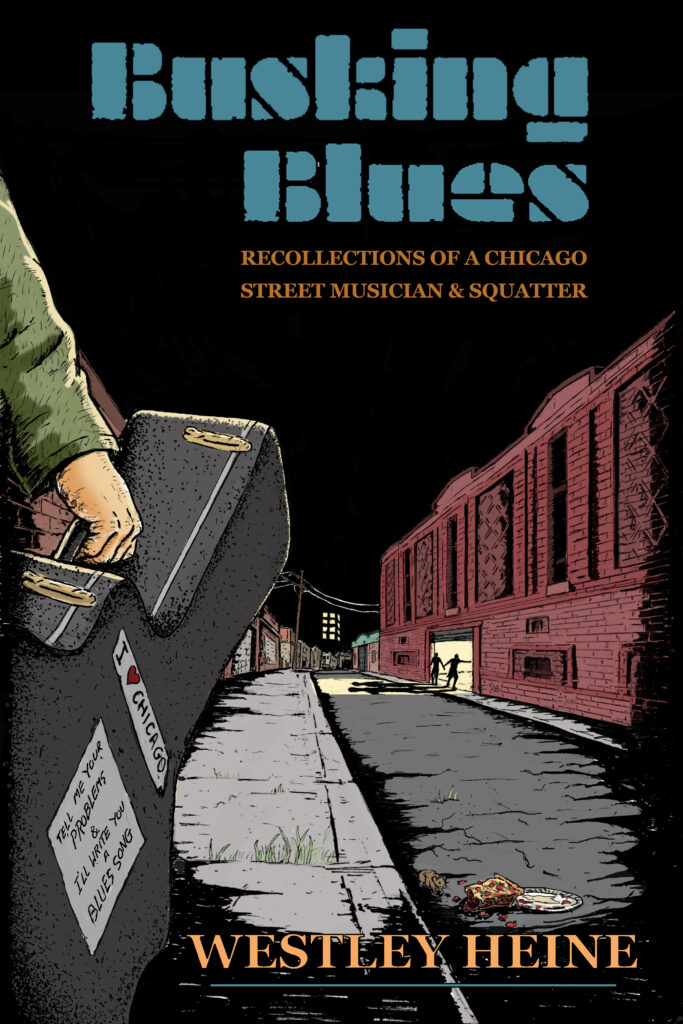Radio Water
By Francine Witte
Genre: Literary Fiction / Short Stories
Reviewed by Nick Rees Gardner
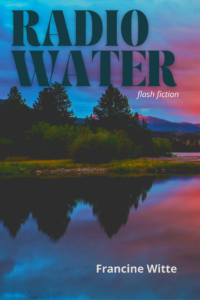 Francine Witte evokes the sorrow of separation, the fear of alienation, and a
Francine Witte evokes the sorrow of separation, the fear of alienation, and a
snippet of hope in this flash fiction collection.
All under 1000 words, most of the 44 stories in Francine Witte’s Radio Water have appeared separately before in literary journals and anthologies. Individually each story impresses its emotion on the reader, from the fear of a possible unplanned pregnancy to the denial of a partner’s abuse.
Witte’s collection builds on itself, drawing the reader into various worlds filled with physical and emotional danger and sometimes relief. Whether the reader only has two minutes to speed through a single story or a few hours to power through the entire book, they will walk away still reeling from Witte’s carefully chosen words.
Radio Water begins with four short gestures, all leaning toward the domestic.
“Fishsweat” deals with a mother fileting fish, “thwacking the heads off one by one
and tossing them in the bucket like they were somebody’s father, somebody’s
husband.” It’s a hint at missing husbands, at men who drift away from family.
But these very brief stories merge seamlessly into the more straightforward four-page
narrative of “Mimi Comes to the Door and No One Can Stop Her,” a story about
unwanted pregnancy and a woman who lays claim to a married man. While the under
one-page stories focus on an image or a moment and spiral out from there, “Mimi…”
takes a similar tact before merging seamlessly into the future tense, however dark and
rather hopeless that future may be.
While Witte’s stories often tackle similar subjects of unhappy relationships, second
families, abortions, abuse, and trauma, the collection is far from monochromatic as
each story is a unique case, specifically and artfully handled. Witte’s prose is tight and
lyrical, filled with fresh descriptions like a father’s “snoozy chest” or “The salt lip of
the surf.” Some stories are told in disparately-titled sections like “Then, Thenner,
Thennest,” or “How to Answer a Door” which is split up into sections titled “Slowly,”
“Quickly,” “Asking,” “Not Asking,” etcetera.
With fresh language and unique patterns and forms, Witte explores many aspects of
her characters’ fears and traumas, encompassing a wide range of experiences for the
reader to dive headlong into and come away with a deeper understanding.
Witte tackles the toughest of personal issues, and though, at times, the writing borders
on the bleak, the stories, with all their weight, also offer hope. The ten-line “Middle of
the Night” ends with “the cloud of my father in someone else’s sky.” And “This is a
Secret, So Shhhhh” comes to the conclusion: “we slip secret out the door and into the
world.” Escape, independence, and freedom hover over the page and beyond it. The
very act of writing, and then reading these stories hints at life beyond the trauma, an
externalization of the trouble within. All the tough subjects of life and love and family
are laid bare, treated with beautiful language and reformed into a heartfelt wish.
Radio Water isn’t a guide to healing trauma. It is an acceptance of that trauma, an
owning of fear and uncertainty, and a reminder that we are not alone.
Purchase a copy of Radio Water at https://www.magicaljeep.com/product/radio/153 or wherever books are sold online.

